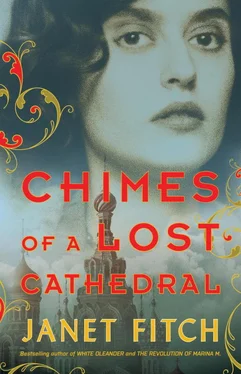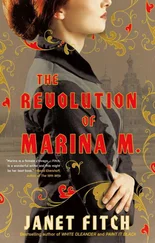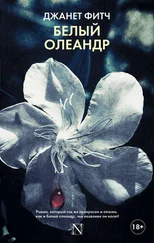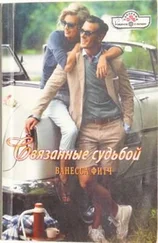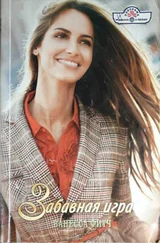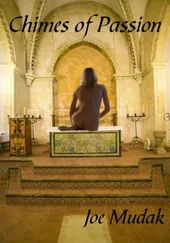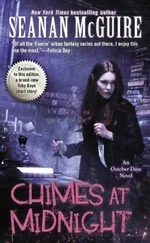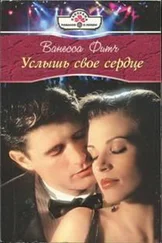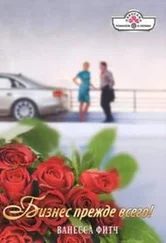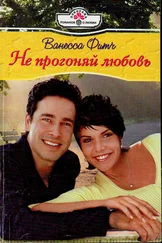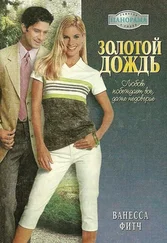I saw a small door, hidden in the large one like a cupboard door—no handle, not even a keyhole. Yet it must open somehow. I began knocking on it in a secret pattern I remembered seeing in Ukashin’s papers in his kabinyet. It was the knight’s move—up two, one across. Untie, unloose the knots and chains… I whispered to it, and the door gave way, and cool air streamed out.
The way was too small for the camels. We’d have to leave them, and all our cargo but what we could carry. I slung a bag over my shoulder, filled it with the most precious things, bangles and little statues, but the others refused to leave the camels behind. Who cared about the camels? Didn’t they want to enter the city?
“Don’t go,” Anna wept. Ilya, angry, turned away.
We’d come all this way! I would not stay outside, even if I had to go in there alone. I left my companions behind and entered the red city.
It was a maze of alleys. Women in veils whispered to me as I passed, but I couldn’t understand them. They were telling me how to go, warnings, important things, but I had no time. I was late. The narrow streets turned and turned again, you couldn’t see more than a few houses at a time. Would I ever find my way?
Suddenly I found myself at the square, the heart of the city. Around the red Tower lay the largest bazaar in the world. Rugs, living pictures, exotic birds, perfumes, spices, fakirs and beggars and wonder-workers of every description. A fire-eater spat flames, a woman wore a cobra like a shawl. On a street of jewelers and coppersmiths, I found a stall selling enamelwork and knew this to be my destination.
Enameled trays, tables, basins large enough to lie down in crowded the dark coolness of the shop. A long-bearded merchant waited on a cushion, smoking a hookah, but he didn’t fool me. I knew the Master when I saw him. “What have you brought me?” he asked. I opened my satchel to show him my treasures, but it was empty. Everything had fallen out. All it contained was a thin stream of red dust.
“Look, she’s coming around.”
A clammy rag wiped my forehead, my neck, blue eyes peered, moon faces, yellow braids. A cup to my desert-parched lips. Church bells rang. Light through curtained windows. Where was my baby? “The baby!” I whispered through parched lips. My breasts on fire.
“She’s sleeping. Drink.” The cup again. Tea, some kind of potion. They began to sing… and sleep bore me away.
Crows calling. A priest dressed in black swung a censer. The sound of pure cold water. Oh God, I was dead. I hadn’t made it after all. Light spilled across its wide waxed floors. It all smelled of beeswax, and bees droned outside. Honey in the walls. The grandfather clock stood in the hall. It struck the hour.
As I stood in the doorway a girl came to my side. Graceful and slim, in a white nightgown, barefoot, her red hair braided in loops as they’d done in Pushkin’s day. Iskra! She was alive! But I’d missed her childhood. She was already fifteen. “This is all yours,” I said. Mother out in the garden in a white dress, walking among the Queen Anne’s lace. Maryino! Grandmère at the piano. I thought the house had burned, but here it was, and we were all here! On the lawn, Seryozha reclined in a lawn chair, his bright hair gold in the sun, in his white sailor’s suit. He was doing something with his hands. He turned them over and showed me.
Cat’s cradle.
I backed away and knocked over a lamp. The rug caught, the curtains. It lit her nightgown. Stop, Iskra! But she ran out through the yard, aflame, toward the woman in white.
“No, devushka. Shh…” The midwife.
I fought her off. There was something in her face. Lies painted her brow. “Where’s my baby? What did you do with her?”
“She wants the child.” Her daughters, the blue and the red.
“Where is she?” I was up on my feet, running around the small room. “Where have you put my baby? What have you done with her?”
“She was sick, milaya .”
“A tiny thing.”
I struggled against their big bodies, the hot arms they were wrapping me in.
“She wasn’t very strong.”
“We put her in the stove.”
“NO!” I shrieked and ran to the oven, still warm from the morning’s baking. I opened the door and there she was, like a loaf of fine white bread, wrapped in a bit of blue calico. Her eyes closed. I ripped the calico off her. She was even tinier than I remembered… The midwife and her witches tried to pull me away. I flung them across the room, tuned out their jabbering, the cawing of crows. I held the tiny limp body to my fevered throat, no bigger than a squirrel. Opened her mouth, breathed fire into her. Breathed and turned her over, pressing her with my hot palms. I became a bright ball of fire, hotter, hotter. Come, Iskra. Closer. I felt her hovering now, close, very close, a little tremor, like fast-beating wings.
“She’s gone, milaya. You have to stop.”
I roughly elbowed her aside, gathered every last inch of myself and hurled myself into my child the way Ukashin did when he wanted to get our attention, the way he’d taught me.
Felt a twitch. A flinch. As when a sleeper falls in his dream. Was it me or was it her? “You saw that,” I shouted at the witches. Blank moon faces.
Again, like a live star.
And she jerked. She trembled, she shook, her little arms shot out, her hands tensed into fists. A little cat’s cough, and then—her mouth opened, and out came a high thin cry. I gazed down into her outraged face growing red, pressed her to my aching breasts, and laughed the way the midwife had laughed when I said I couldn’t bear it anymore, and she told me she would not let me go. Iskra was mine. I’d scorch the earth for her, until Death himself gave her up.
They fell to their knees in the straw, praying. Thanking the Virgin. Touching me, touching the child. I nestled my crying baby’s head under my jaw. She smelled of sweet grass and, ever so slightly, of smoke.
I woke to white curtains blowing in an open window carrying the songs of village women. Was this the hymn I’d heard? Then I realized—the baby! Where was my baby? I shot up to find myself no longer on a bench in the bathhouse but in a peasant izba, ancient and smelling strongly of medicinal herbs. My heart beat wildly until I saw the cradle hanging from the rafters before the stove, like in Faina’s hut. Wobbly-legged, I hauled myself up, my torn body burning, leaking, but she was alive, alive, snugged inside the tiny hammock. With those delicate features, so sweet, so perfect—the glossy eyelids, the ginger hair, the slight snore. She was snoring! The most miraculous snore the world has ever heard. They had her swaddled up tight in a dish towel—the flush of her cheeks, her moist curls—and her lips were moving. She was saying something in her sleep. Oh, if only I could hear what she was saying. She still remembered the other place, the world she had lived in before she came here. What are you dreaming, my love?
I put my hand on the big stove. Stone cold. But I knew I had saved her, snatched her from Death itself. The tiny aperture of her nostrils was enough to make me weep. I felt dizzy, I had to lie down now, but I needed my baby. Steeling myself for her shrieks, I scooped her up out of the cradle. So light in my arms. She protested, one short mewl, then settled. So warm, and smelling of bread.
Through the open windows, a breeze carried the scent of fields and the jamlike sweetness of the pines. The fight was over. I held my child and gingerly lay down on the bench. I thought of that empty sack, the emptiness of my being, but it wasn’t so. I had saved her. She was here. The izba’s ancient rough-planed logs reminded me of the midwife. Her shelves sagged with jars and crocks, herbs drying upside down. And on the breeze came that angelic song again… This must have been the choir I’d heard and thought it was church.
Читать дальше
